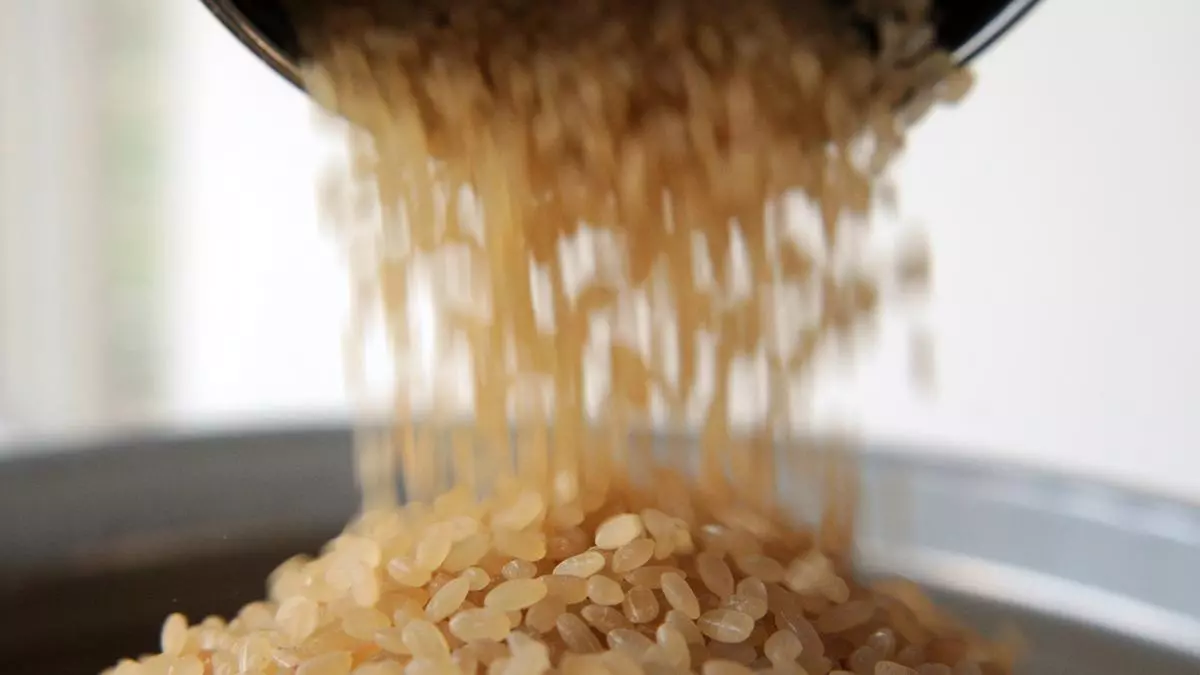Indian exporters body seeks fixed duty on white and broken rice than ban
The Rice Exporters Association (TREA), which focuses more on non-basmati rice exports, has urged the Indian Government to lift the ban on exports of broken and white rice and permit shipments with a fixed duty.
In a letter to Food Minister Pralhad Joshi, TREA President BV Krishna Rao, also sought a fixed duty on exports of parboiled rice instead of the current ad-valorem levy.
Stating that it represented 80 per cent of non-basmati exporters from India, the association with the Food Corporation of India having nearly four times the buffer stocks, the Centre could pare them.
Such a move can help the government cut its subsidy burden for surplus purchases by decentralised procurement States such as Telangana, Chhattisgarh and Orissa, which are paying bonuses over the minimum support price (MSP) prescribed by the Centre.
Short-term measures
It can control inflation while the Centre can earn revenue by imposing export duty ranging between $30 and $120 a tonne, which can be used for price stabilisation, TREA said.
The lifting of the ban on white and broken rice besides levying a fixed duty could be the short-term measures the Centre can consider, it said.
In the long term, the government should make export duty on all rice zero as the bonus offered to paddy by some States will result in prices “increasing abnormally” in the competitive global market.
Scrap Bharat Rice scheme
Paddy procured by various States paying bonuses above MSP could be auctioned to traders to reduce storage and milling expenses, the association said, adding that FCI could also auction rice under the open market sales scheme to rein in domestic price.
It also sought the discontinuation of the Bharat Rice scheme — meant to tame domestic prices — as it was getting back to FCI warehouses. The association urged that steamed rice be treated as parboiled one as varieties such as Sona Masuri are consumed by the Indian diaspora. “This won’t get banned for exports then as only 0.4 million tonnes are exported,” TREA said.
